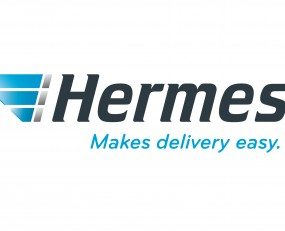
Hermes Germany has announced it is testing cross-border parcel transport by rail across borders from Magdeburg to Lodz in Poland. Up to 1.3m shipments are moved along the 625-kilometer route every year. The pilot test has been running since July 1st. The first transports have already been carried out successfully together with DB Cargo AG.
Division Manager Transport & Operations Management at Hermes Germany Andres Schuchardt explains: The aim of our pilot test is primarily to gain experience with rail transport and to explore possible scaling. We look forward to continuing to work with DB Cargo AG and are curious to see how rail transport affects cross-border traffic.”
“Rail is one of the most environmentally friendly modes of transport and can make optimal use of this advantage, especially over long distances. In combination with our Eco Solutions, completely climate-neutral transport chains are already possible today, whereby we focus on avoiding emissions wherever possible. We are pleased that sustainability plays such an important role for Hermes in the design of their logistics and that we can support them in this,” says Pierre Timmermans, Board Member for Sales at DB Cargo AG.
Once a week, the transport is carried out in each direction with swap body bridges. Sustainability Manager at Hermes Michael Peuker commented: “On the German side, we have booked the DBeco plus green electricity variant through DB Cargo, so that we will save around 57 tons of CO2 per year for the entire route and thus more than 50% compared to the truck. This is not yet feasible on the Polish side: However, we are using the DBeco neutral offer from DB Cargo and can thus probably achieve CO2 compensation of a further 47 tons of CO2.”
In the field of city logistics, Hermes Germany stated that it has already created blueprints for a completely emission-free delivery to inner cities – such as in Berlin , Magdeburg , Mainz and in the future also Hamburg . Emission-free solutions are not yet available across the board for the long haul. Schuchardt commented that ““Of course, we are also very interested in reducing our ecological footprint over the long haul. We will continue to focus on this in the future. In addition to rail transport, we also use electric and hydrogen trucks, among other things, and thus create various low-emission alternatives on longer distances.”
Source: Hermes